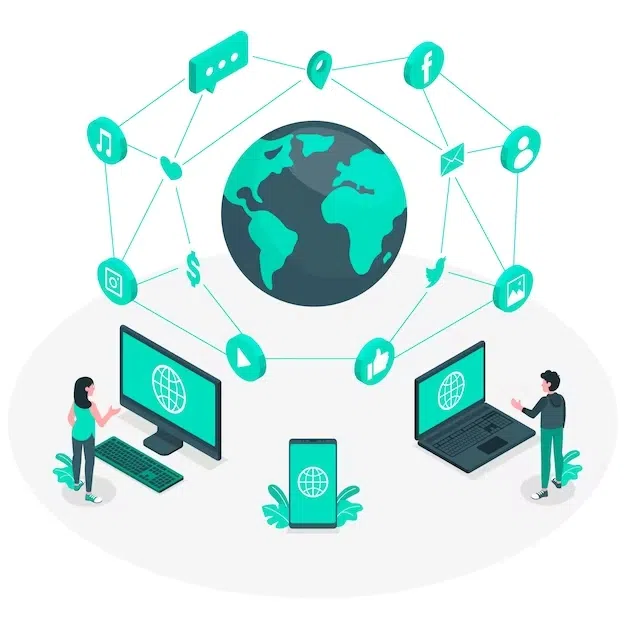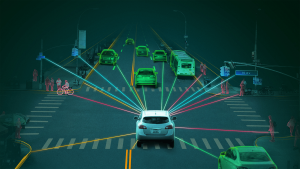Introduction
The landscape of work is evolving at an unprecedented pace, driven by technological advancements, societal shifts, and the ongoing impact of the global pandemic. The future of work is shaping up to be vastly different from what we have known in the past. In this blog, we’ll explore the emerging trends and transformations that are redefining the modern workplace, and how individuals and organizations can navigate this dynamic shift.
1. Remote Work and Hybrid Models
Remote work is no longer a temporary response to a crisis; it has become a fundamental shift in how we perceive work. Hybrid models, blending in-office and remote work, are gaining traction. This flexibility allows employees to optimize their productivity and work-life balance, leading to increased job satisfaction and retention.
2. Emphasis on Employee Well-being
Organizations are recognizing the critical importance of employee well-being. Mental health support, flexible schedules, wellness programs, and creating a positive work environment are becoming central to employee engagement and performance. Employers are investing in strategies that prioritize the holistic well-being of their workforce.
3. Upskilling and Reskilling
Rapid technological advancements are rendering some jobs obsolete while creating demand for new skills. Continuous upskilling and reskilling are essential for employees to remain relevant. Employers are investing in learning and development programs to ensure their workforce can adapt to evolving roles and responsibilities.
4. Automation and AI Integration
Automation and artificial intelligence (AI) are transforming the workplace by streamlining processes and augmenting human capabilities. Routine tasks are being automated, allowing employees to focus on higher-value, creative, and strategic work. This shift enhances efficiency and innovation across various industries.
5. Diversity, Equity, and Inclusion (DEI)
Companies are increasingly recognizing the importance of fostering diverse and inclusive workplaces. DEI initiatives are gaining prominence, promoting a culture of belonging and equal opportunities for all. Prioritizing diversity not only strengthens corporate social responsibility but also enhances creativity and decision-making.
6. Gig Economy and Freelancing
The gig economy is expanding as more individuals opt for freelancing and contract work. This trend offers flexibility to both workers and employers, allowing businesses to tap into a global talent pool. Freelancers bring specialized skills for specific projects, promoting a more agile workforce.
7. Sustainable and Responsible Business Practices
Sustainability is no longer a choice but a necessity. Businesses are integrating sustainable practices into their operations, driven by environmental and social responsibilities. From reducing carbon footprints to promoting fair trade, organizations are aligning with values that resonate with both employees and consumers.
8. Augmented Reality (AR) and Virtual Reality (VR) Integration
AR and VR technologies are revolutionizing training, remote collaboration, and customer engagement. These immersive technologies enhance learning experiences, enable virtual team interactions, and create innovative ways of interacting with products and services.
Conclusion
The future of work is dynamic, embracing change and innovation at every turn. Adapting to these trends is imperative for individuals and organizations to stay competitive and relevant. Embrace the evolving landscape, invest in learning, prioritize employee well-being, and champion sustainability to thrive in the exciting future of work.
For more updates stay with baordofjobs.com



